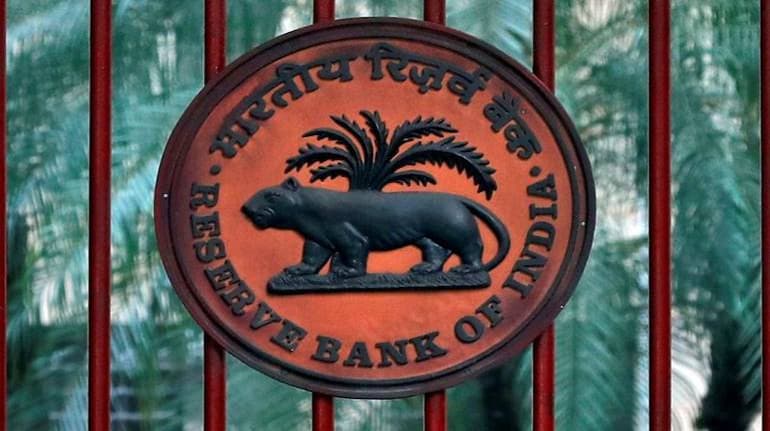



Customer fairness is a principle, often preached but hardly practiced by banks. The banks have always found ways to slap hidden charges on individual customers when it comes to service charges or, say, high penal charges on non-compliance with contracts.
This happens despite repeated instructions from the government and the Reserve Bank of India (RBI) that banks must treat their customers fairly. Last week, the RBI offered another strong warning to the lenders on this issue.
The regulator found that the banks often use the penal charges to generate revenues, instead of trying to instill discipline in customers. What did the regulator do then? It laid out a clear framework tweaking the earlier rules. The fresh set of norms essentially say that the banks cannot use loan penal charges to make revenues and need to be transparent and accountable in their actions.
The penal charges should be separate from the interest charged on the loans and cannot be compounded, the RBI said. Banks have been adding various penalties to the rate of interest charged on the advances, thus leading to a big burden to the consumer. Such changes are also not communicated to the customers often with transparency.
The RBI clearly observed that many banks use penal rates of interest, over and above the applicable interest rates, in case of defaults or non-compliance by the borrower with the terms on which credit facilities were sanctioned, many banks use penal rates of interest, over and above the applicable interest rates, in case of defaults or non-compliance by the borrower with the terms on which credit facilities were sanctioned. This was a serious digression from the intended idea.

Will banks finally get the message from the regulator? Fairness in customer transactions is a virtue banks have ignored for long. Consumers cannot be taken for granted.
But, the larger issue of customer fairness is not only about penal charges, but also about gross mis selling of products through bank branches.
Bank branches are under heavy pressure from senior management to hard-sell insurance policies and other financial products to their customers. Often, the risk involved in such products are not apprised to the target customers adequately, leading to cases of misselling. One example is when former Yes Bank executives sold AT1 bonds to FD holders pitching these as ‘super FDs’ (meaning products with the safety of an FD but with higher rate of return). Eventually, many retail investors found their money stuck in these instruments when the AT1 bonds were written down by the bank during the bailout.
Banks aren't fair to customers even when they force-sell products. All of us remember the recent viral video of a private bank official scolding his junior staff for failure to meet insurance sales target had made headlines, leading to punitive action by the lender. Under such toxic culture, junior employees are forced to sell products to clients that may not be suitable to them.
What's the larger point here? The banks need to realise that these are institutions dealing with public money and operating on the basis of trust. Whether it is about imposing undue penal charges on customers or misselling products—such actions are bound to take away the trust from the customers.
The positive news is that we have a watchful regulator which acts as a the guardian to protect the interests of the average customer. But, fairness in customer transactions should ideally come from self-regulation, rather than regulatory action. Boards of the banks have a very critical role in ensuring the rules are followed in letter and spirit.
Don’t take your customer for granted.
Banking Central is a weekly column that keeps a close watch and connects the dots about the sector's most important events for readers.
Discover the latest Business News, Sensex, and Nifty updates. Obtain Personal Finance insights, tax queries, and expert opinions on Moneycontrol or download the Moneycontrol App to stay updated!
Find the best of Al News in one place, specially curated for you every weekend.
Stay on top of the latest tech trends and biggest startup news.